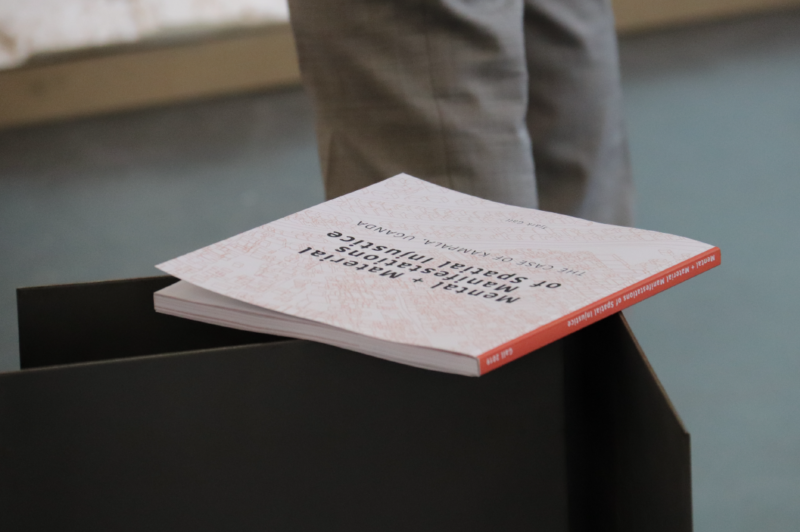MSc thesis ‘Mental & Material Manifestations of Spatial Injustice’
This thesis completed the MSc Architecture at the Technical University Braunschweig (GER). It was submitted in March 2019.
The global population is rising to unprecedented heights which, combined with the continuing urbanisation, leads to the majority of humanity residing in urban areas already today. While the population growth in many countries and cities in the Western world stagnates or even declines and create previously unknown challenges of ageing populations and spreading vacancy rates, population numbers in mainly Asia and Africa continue to increase. Additional to the ongoing natural growth, conflict-, climate change-, and poverty-driven rural-urban migration inside countries and across national borders further intensify the pressure on existing urban centres. While new urban settlers are often crucial for satisfying the growing demands in the job markets of evolving economies, they are accompanied by rapidly growing inequalities between urban residents around the world – with the most significant differences in the Global South. These differences range from access to services, facilities and the job markets, the lack of formal land tenure and recognition in the legal systems up to an insufficient sense of belonging, identity, and societal support structures, among many others. Throughout this work, some of the diverse origins, drivers, and counteracting strategies are discussed. While the same challenge exists in many places around the world, the focus is on urban agglomerations in sub-Saharan Africa (SSA) and more specifically on Kampala, the capital of Uganda. Particular attention is paid to the mental and material manifestations of spatial injustice – attempting to individually assess the consequences of urban inequalities between tangible and spatial materialisations and mental and psychological implications for the affected residents.
